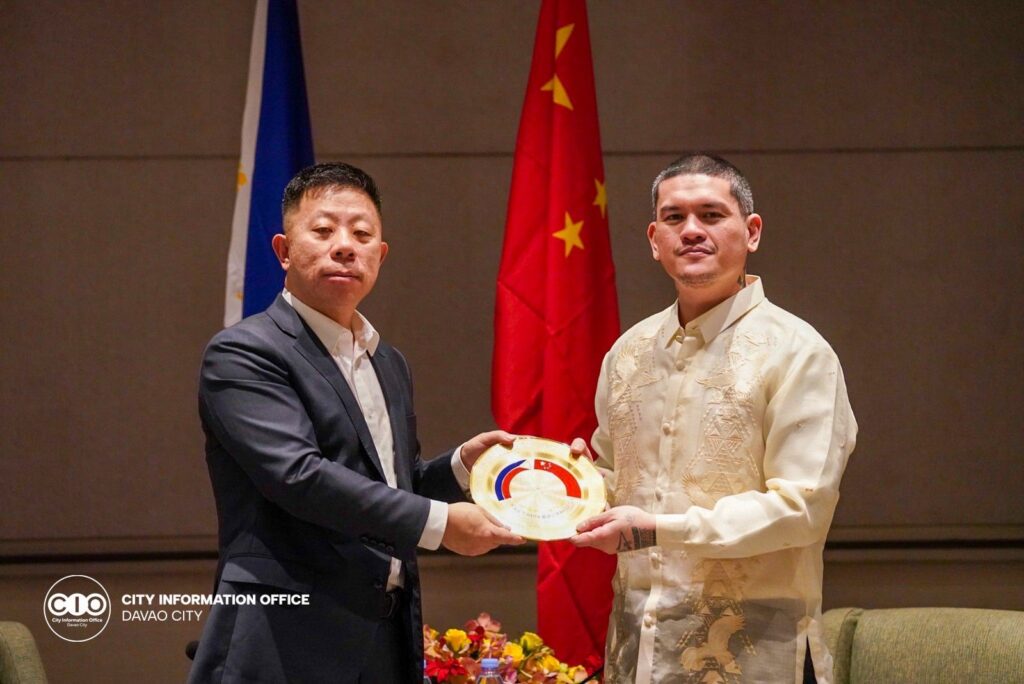After NEDA blindsided him on the imposition of reduced tariffs on rice imports, Agriculture Secretary Francis Tiu Laurel Jr. raged and vowed to use the implementing rules and regulations (IRR) of Executive Order No. 62 to reduce its impact on the market, arguing that the farm sector was never consulted when the tariff was reduced from 35% to only 15%.
Naturally, the economic geniuses of the Marcos Jr. administration justified the tariff reduction, using the lame excuse that the rice supply should be stabilized to reduce prices. Yet, the tariff reduction at a time when farmers were harvesting palay is the wrong solution to a bogus problem. Dump hundreds of thousands of metric tons of rice in the market during harvest and NEDA Director General Arsenio Balisacan guaranteed that the farmgate price of palay would sink. Balisacan doesn’t need the top executives of the Development Academy of the Philippines (DAP) to show him studies that the newly rich rice traders only have the interest of their foreign suppliers to protect. There is no money in patriotism.
Today, the facile solution of importing rice to reduce prices has bombed on the faces of Balisacan, Laurel, and the first agriculture secretary of the regime, Marcos Jr. himself (remember the sugar import volume that he supposedly approved?), to the penury of millions of poor farmers nationwide. With the 15% tariff, there is no stopping rice importers from ordering cheap rice for delivery during the harvest seasons. EO 62 was a blessing to the importers, including presidential relatives, and Vietnam. That’s the tragedy of the rice industry as the government abandoned its role of expanding rice production as climate change threatens to reduce rice output in Vietnam, Thailand, India, Myanmar, Laos, India and Pakistan. The National Food Authority (NFA) no longer has any role as a market whip since it is no longer engaged in dumping stocks in the market when prices shoot up.
Yet, it is not only rice farmers who are howling. The onion farmers who have been battered black and blue by the flood of cheap onion imports in 2022 are protesting anew, claiming they can no longer sell their produce as the government allowed more imported white onions to edge them out of the market. In 2022, onion prices skyrocketed to P700 a kilo even as onion farmers sold their bulbs at a fraction of that manipulated price. In Nueva Ecija, farmers have already abandoned onion farming and are instead opting for cucumber or “pipino” rather than lose their shirts as the government engages in its “import first” policy for food. The DA says it only allowed a minimal volume of imported onions to enter the market and blamed smugglers for the woes of local onion producers. Since it knows smugglers were to blame, why haven’t they arrested any single trader responsible for the contraband?
Nueva Ecija onion farmers complained that DA allowed the importation of 16,000 metric tons of white onions to avert skyrocketing prices during the holidays. What DA failed to see was that domestic onions were in cold storage when the imports arrived, forcing retailers to buy up the imports, which were cheaper by P5 a kilo.To justify the importation, Agriculture Assistant Secretary and spokesman Arnel de Mesa said Laurel only approved a minimal volume of imported white onions. “We did not approve the importation of red onions. If there are (imported red onions), these are smuggled but we are trying to intercept them,” he said. De Mesa said the retail price of local red onions ranged from P75 to P150 per kilo while it is P150 a kilo for local white onions. The prices of imported white onions range from P60 to P160 per kilo.
What is really, really strange about the DA food policy is that it treats importations as silver bullets while farmers sweat bullets working on the fields, only for their produce to fetch farmgate prices slightly higher than production cost. They will be totally at the mercy of EO 62 and other issuances that would further cut tariffs and slap disincentives on poor Filipino rice farmers. No one in NEDA thinks about an achievable program to produce palay thrice a year, which is being done in Antique, and propagate drought-resistant and flood-resilient rice varieties. There have been tons of research undertaken to let farmers propagate their own seeds and not rely on the hype about hybrid rice. In fact, the DA has not engaged in developing a distinct fragrant, nutritious Philippine rice, the kind that nourished Filipinos before high-yielding varieties were dumped in the market.
The tragedy of Philippine agriculture is that the DA itself thrives on hype, from the nearly insane obsession with selling rice at P20 a kilo, to the hype about helping farmers confront the next typhoon that roars along, to the hype about reducing the prices of rice, onions, garlic and vegetables through importations. In recognition of its failure to control rice prices, the DA recently promised that regular and well-milled rice will be available in Metro Manila next week costing between P43 and P45 per kilo. Check the markets and you will find that only the worst kind of rice will be made available, or the aging stocks will be re-milled.
Until this very day, Laurel is still perplexed why rice prices are too high. Keeping it low needs stronger will than skill, as the late Muhammad Ali said. Yet, where is the political will when the state yielded its control of the rice industry by eviscerating the NFA and allowing rice importers to determine rice supply, distribution, and, eventually, prices. If the DA analyzes the situation of the rice industry, it will find out that from the time Gloria Macapagal Arroyo surprised the world by announcing an earth-shattering import volume of 2.4 million metric tons (MMT) before she left office, the Marcos Jr. administration beat her record as the total import volume reached 4.7 MMT this year and 4.9 MMT next year. The figures from the US Department of Agriculture (USDA) show that, indeed, more rice lands are being reclassified and sold for commercial centers, subdivisions, memorial parks and bogus farms run by Manny Villar and his lieutenants. Now, people will understand why RTL became law.




